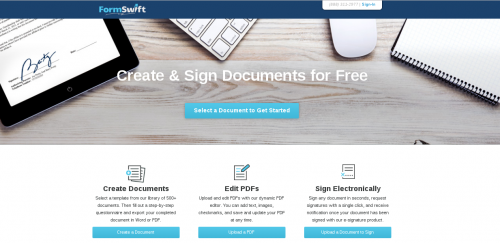The General Public License (GPL) has been the source of many discussions since it was created in 1989 (with a few versions in following years) and applied to numerous Open Source Software projects.
Currently, there is one more such discussion going on. It was kicked off by Matt Mullenweg, the founder and CEO of Automattic, the company behind WordPress:
Anyone who knows me knows that I like to try new things — phones, gadgets, apps. Last week I downloaded the new Wix (closed, proprietary, non-open-sourced, non-GPL) mobile app. I’m always interested to see how others tackle the challenge of building and editing websites from a mobile device.
I started playing around with the editor, and felt… déjà vu. It was familiar. Like I had used it before.
Turns out I had. Because it’s WordPress.
He proceeds with the open letter to Wix:
Dear Wix,
This explicitly contravenes the GPL, which requires attribution and a corresponding GPL license on whatever you release publicly built on top of GPL code. The GPL is what has allowed WordPress to flourish, and that let us create this code. Your app’s editor is built with stolen code, so your whole app is now in violation of the license.
What does Matt want Wix to do? Very simple:
Release your app under the GPL, and put the source code for your app up on GitHub so that we can all build on it, improve it, and learn from it.
Did Wix respond? Yes, they did. First, one of their lead engineers, Tal Kol, wrote this blog post. I think it’s quite sensible and boils down to a misunderstanding. Or so I read it:
I apologize if I appeared to take credit for somebody else’s work. This was definitely not my intention. I think you guys are doing a great job.
Second one though is a bit less so, written by Wix CEO Avishai Abrahami. While trying to appear friendly and casual, it does dodge the whole issue of the GPL violation, misrepresents the facts on the branding, and ends with an awkward invitation for a coffee. WP Garage has a good summary of why this response is weak.
Here are a few more resources with commentary that help to understand the issue:
Personally, I am a big fan of GPL, Automattic, WordPress and Matt Mullenweg, who I had the opportunity to meet and talk to back a few years ago. But as a CTO of a startup (and not for the first time), I have to admit that Open Source Software is difficult when it comes to business. It requires a huge effort to make a company understand what Open Source Software is, what are the intricacies of the major licenses, and what are the consequences of using Open Source Software for different kinds of projects (internal tools, client projects, company products and services, etc).
Here are the important points that I want to highlight in regards to this conversion:
- If you are using Open Source Software, make sure you understand the licensing and the culture behind it.
- If you made a mistake, admit to it and figure out a way to resolve it. Dodging or finger-pointing is not a resolve.
- Legal action is not the only option. Often, it is not even the most preferable.
- Be nice to people. :)
I’d like to finish with this tweet, which I think highlights the most important point.
https://twitter.com/pt/status/792431953601449984
P.S.: Some people say that GPL has not been enforced in courts. This page lists a few cases in several countries, which provide examples of the contrary.
